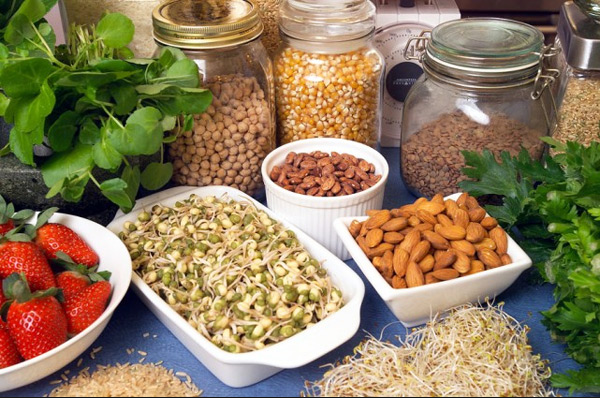We’ve all heard about the health benefits of following the Mediterranean Diet as it’s often associated as being a diet that promotes health, longevity and vitality in the long term. More than 3000 studies have indicated that there are various reasons to follow this diet, including a reduction in the risk of heart disease along with certain cancers. It can also boost memory and moods.
One landmark human clinical trial into the Mediterranean diet showed that eating this way, supplemented daily with nuts can cut the risk of heart disease by 30% and strokes by 49% when compared to a low-fat diet.
The Mediterranean diet also significantly reduces waistlines and the biomarkers that are associated with these declines in cognition. While a study published in JAMA: Internal Medicine reported that there was a significant reduction in the risk of breast cancer in women in Spain who adhered to a Mediterranean diet that’s rich in extra-virgin olive oil. Various other benefits include cutting systemic inflammation, asthma and depression amongst other symptoms, along with enabling you to reach your weight loss goals.
These are just some of the many reasons to enjoy eating healthy Mediterranean foods. Below are a list of the foods you should eat when following the Mediterranean diet…
Plenty of dark, leafy greens. Spinach, kale, broccoli, arugula and romaine lettuce are all good examples of dark cruciferous vegetables to include in your diet as they are rich in fiber and various vitamins for optimal health.
Dark skinned fruits preferably are best including berries such as blueberries, blackberries, strawberries, raspberries, red grapes, etc. Include as many of these into your diet as possible for best results.
Eating healthy fats such as olives, olive oil and plenty of nuts like almonds and walnuts is a good idea as these are sources of Omega 3’s and good monounsaturated fats that can help to raise good HDL cholesterol and lower the bad LDL cholesterol. They can also protect against the build-up of plaque in the arteries. It can also help to prevent belly fat according to research.
Use herbs and spices to season foods instead of junk salt. Basil and oregano can add good seasoning properties to salads, soups and stews amongst other dishes. Ditch the junk salt and instead choose a small sprinkle of sea salt as the healthier option where possible.
Eat plenty of legumes. Beans and pulses in the form of black beans, chickpea, mung bean and red lentils are all ideal as they are nutrient dense, low fat and a high protein source of vitamins and minerals, antioxidants and dietary fiber that are essential for the body’s healthy growth and repair.
Although the Mediterranean diet also uses some whole grains, it’s best to avoid these as starch still breaks down into sugar in the body and this can cause inflammation – one of the main contributors towards disease. It’s possible to choose sprouted oats instead however.





